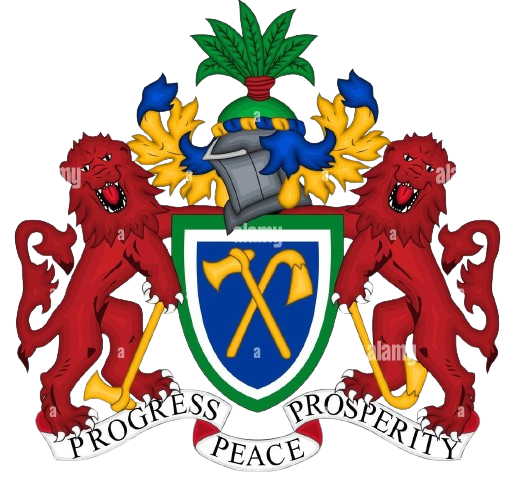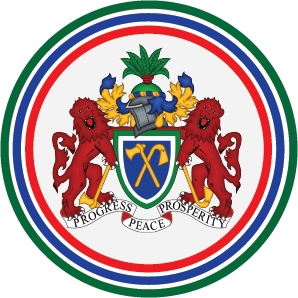National Accreditation and Quality Assurance Authority (NAQAA)
Overview
Email: info@naqaa.gm
Location: Kanifing Institutional Layout, P. O. Box 1087
Digital Address: F87H+VF3
Phone: +220 4370518
Operating Hours
Monday 8:00 am – 4:00 pm
Tuesday 8:00 am – 4:00 pm
Wednesday 8:00 am – 4:00 pm
Thursday 8:00 am – 4:00 pm
Friday 8:00 am – 12:30 pm
About NAQAA
As part of the reform agenda of the Gambia government in Tertiary and Higher Education, the National Accreditation and Quality Assurance Authority (NAQAA) was established by an Act of Parliament (NAQAA AACT) in April 2015. The NAQAA Act 2015 repealed the National Training Authority (NTA) Act 2002 – which established the National Training Authority and whose mandate was limited to the regulation of Technical and Vocational Education and Training Institutions. NAQAA’s functions as expressed in the NAQAA Act 2015, include the following:
- issuing Licences to awarding bodies, tertiary and higher education institutions;
- revocation of licences of awarding bodies, tertiary and higher education institutions;
- issuing licences to Trainers, Assessors and Verifiers in tertiary education institutions;
- revocation of Licences of Trainers, Assessors and Verifiers
- monitoring and overseeing the quality assurance practices of tertiary and higher education institutions for continuous quality improvement;
- developing policy and criteria for assessment, recognition of prior learning and credit accumulation and transfer;
- collaborating with other quality assurance bodies within and outside The Gambia on matters of mutual interest;
- providing technical advice to the Minister;
- developing criteria and standards for the establishment, registration and accreditation of institutions;
- establishing transparent working methods and sound financial management controls to account for the available resources and encourage a market-driven approach to the development of tertiary and higher education;
- conducting research for skills, programmes and policy development;
- providing an evaluation and advisory services to employers with regards to foreign qualifications;
- promoting the involvement of the community, employers, trade unions, private sector and international donors in tertiary and higher education;
- harmonizing and streamline all professional, tertiary and higher education programmes to reflect human resource development and needs;
- overseeing the development and implementation of the National Qualifications Framework and ensure its objectives are met;
- Endorsing all certificates awarded by registered and accredited tertiary education institutions.
- Maintaining a comprehensive national educational information management system comprising registered and accredited institution, approved qualifications, learner achievements, Trainers, Assessors, Verifiers, Center Managers, Recognized Professional Bodies, craft persons and associated information.
- developing and implementing policy and criteria for the development, registration and publication of qualifications and part-qualifications including the standards and curriculum of the qualification;
- establishing a system of classification of tertiary and higher education institutions according to the type of tertiary and higher education that they provide or the programmes that they offer; and
- providing policies and guidelines relating to institutional establishment, registration, accreditation of programmes of tertiary and higher education providers, registration and accreditation of training providers, trainers, assessors and verifiers within the technical and vocational education and training sector.



